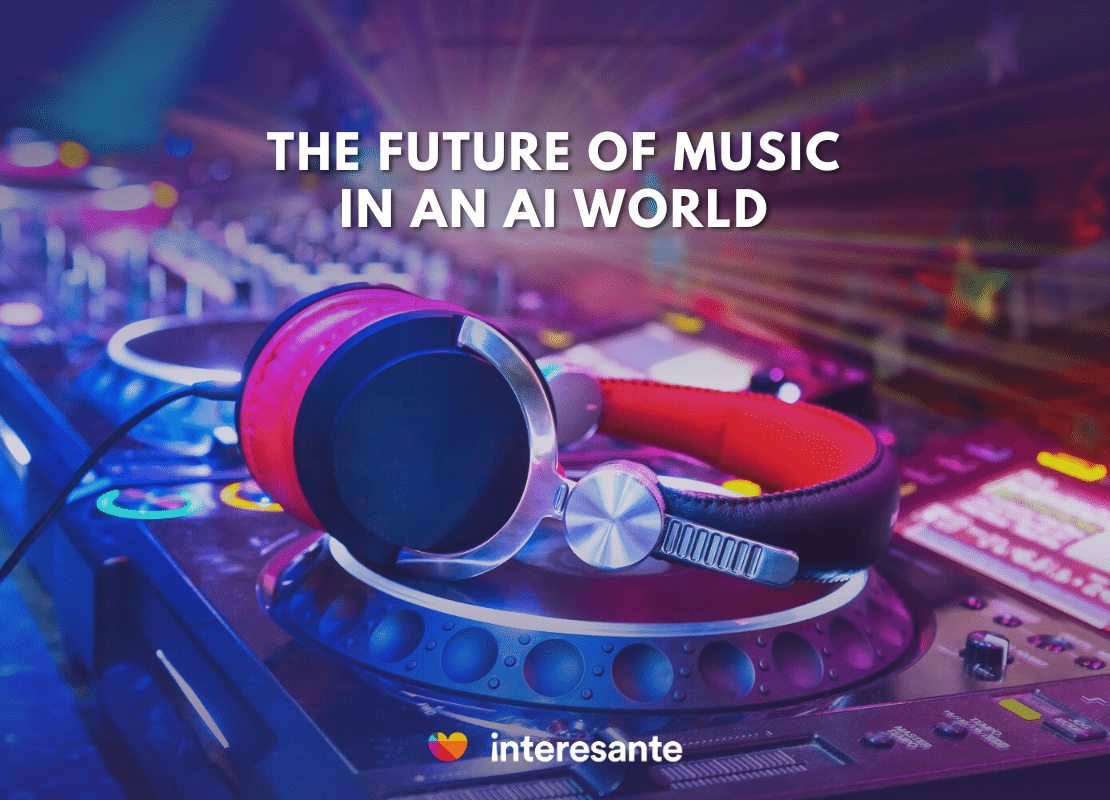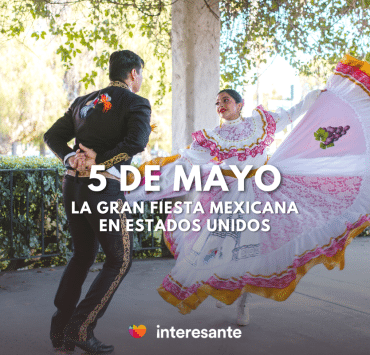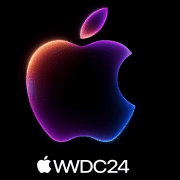AI Product Developer
The sudden surge in AI is infiltrating every industry worldwide, and the music industry is no exception.
AI Influence: From TikTok to the Studio
If you’re a TikTok user, you may have stumbled upon the hit song “Heart on My Sleeve.” At first, listen, you might have assumed you missed a new release from Drake. What’s intriguing about this song, however, is its anonymous creator, Ghostwriter. This artist utilized an AI model trained on the voices of Drake and The Weeknd to craft an entirely original and viral track. Unfortunately, due to copyright infringement concerns, Spotify had to remove the song from its platform.

AI is revolutionizing every industry on the planet. If you’re slow to recognize this, you may miss the train. AI’s development tools spark considerable conflict, particularly from a legal perspective. For instance, copyright claims on an AI song can be complicated. The song might be entirely original, but the voices are from a music AI model replicating famous artists’ vocals perfectly.
AI: A Legal Conundrum and Artists’ Response
Concerning royalties, the famed artist Grimes declared she would split 50% royalties on any successful AI-generated song that employs her voice. This stance shows Grimes’ acceptance of AI’s inevitable role in the new digital era.
Simultaneously, the artist has launched an innovative platform replicating her distinctive voice using advanced AI technology. Aspiring musicians can explore this unique tool and potentially use Grimes’ voice in their compositions by visiting her new website, elf.tech. But remember, should your song go viral, Grimes gets a 50% cut. So, if you suddenly find yourself backstroking through a sea of cash, remember to share half of your newfound fortune with Grimes.
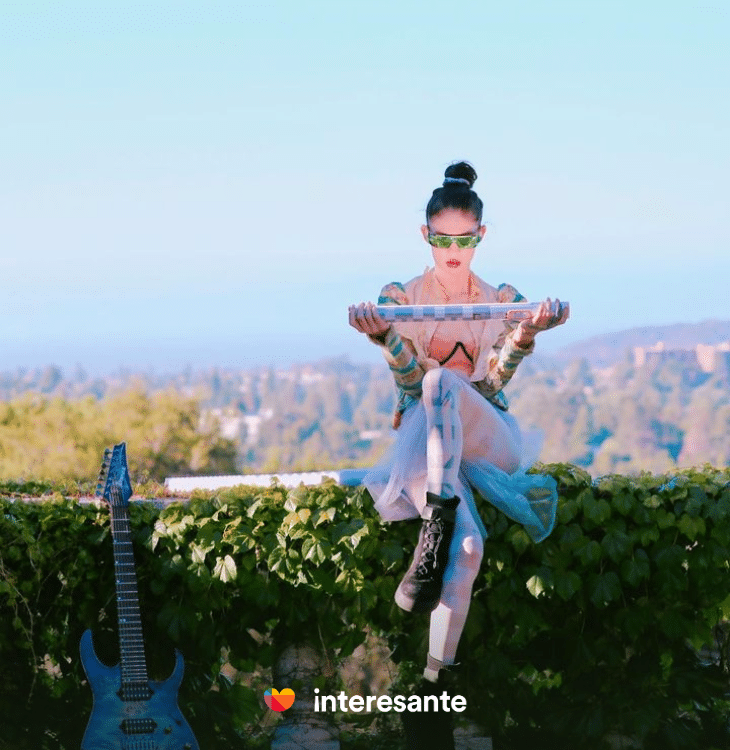
Meanwhile, Universal Music Group (UMG) is less enthusiastic, as new AI music takes a slice of their revenue. They’ve even sent takedown requests to streaming platforms such as Apple Music and Spotify, urging them to cut off access to their music catalog for developers training AI technology.
UMG’s representative stated, “We hold a moral and commercial obligation to our artists to prevent unauthorized usage of their music.” This opposition poses the question of which side various stakeholders in the music ecosystem will align with: supporting artists and human creativity, or endorsing deepfakes and potential artist exploitation?
Streaming Automatic data processing system: A New Revenue Stream?
This development could benefit streaming platforms, as more music equals more revenue streams. Spotify’s CEO, Daniel Ek, maintains a cautiously optimistic outlook toward this rapidly evolving technology. Ek envisions AI as a catalyst for increased music production, leading to positive cultural growth. However, numerous musicians and music enthusiasts perceive AI-generated music as a potential threat to the industry.
Advances in AI Music Technology: A Dual-edged Sword
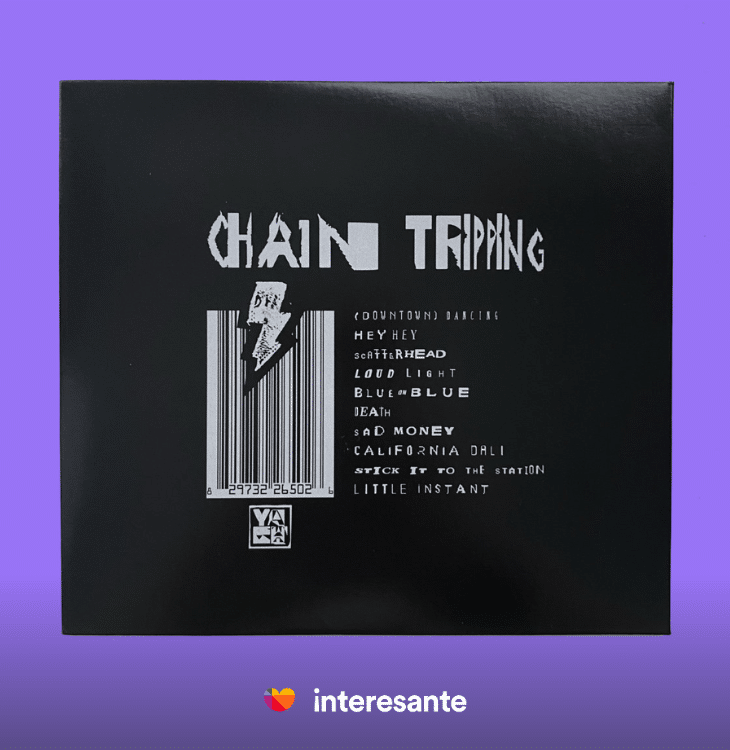
Google’s new AI model, MusicLM, and the increasing number of artists collaborating with AI technologies demonstrate the ongoing integration of AI into the music sphere. Google’s MusicLM generates music based on text descriptions, presenting a new level of creative expression. However, it also poses challenges in mitigating copyright infringement.
Artists like Holly Herndon and YACHT are harnessing the power of AI to expand their creative horizons. Herndon developed an AI-generated clone of her voice, Holly+, which enables her to sing in languages and styles beyond her capabilities. Meanwhile, YACHT trained an AI on 14 years of their music, culminating in the album “Chain Tripping.” Holly+ is now a website that allows anyone to produce deepfake music using Herndon’s voice.
AI vs. Crypto: A Comparative Perspective
AI tools arguably have more impact than the crypto trend that waned within two years (2020-2021). Cryptocurrencies promised to revolutionize the financial world, but drama and mismanagement caused concern among investors and users. Conversely, AI seems to have a more sustainable impact. For example, ChatGPT already serves over 100 million users per month and generates over 1 billion monthly visitors. This is just the tip of the iceberg regarding AI tools.
The Future of Music in an AI World
As for copyright, music labels and artists must act quickly to establish rules that will benefit new creators and themselves. In doing so, they can ensure that innovations in AI technology do not harm the music industry, as UMG suggests.
Embracing Change and Adapting to the Future
Change is a constant in every industry, becoming increasingly evident every week. Companies need to adapt swiftly. AI is not just the future everyone has dreamt of; it’s a new reality that demands serious attention.
AI’s capabilities are vast and continually expanding, from generating songs using well-known artists’ voices to creating new music based on text descriptions. Musicians are beginning to collaborate with AI, using it to push the boundaries of their creative expression. While this has been met with both enthusiasm and apprehension, it’s clear that AI has a significant role to play in the future of music.
The AI wave is more than just a passing trend. It’s a powerful tool that, if harnessed correctly, could lead to an exciting era of innovation and creativity. Artists, music labels, and legal entities will need to navigate this new landscape thoughtfully, balancing the protection of artists’ rights with the exciting potential of these technologies.
Only time will tell how these AI tools will ultimately shape the music industry and the world. One thing is sure, though: as AI continues to advance and integrate into our daily lives, the music we listen to and how we create it will never be the same.
